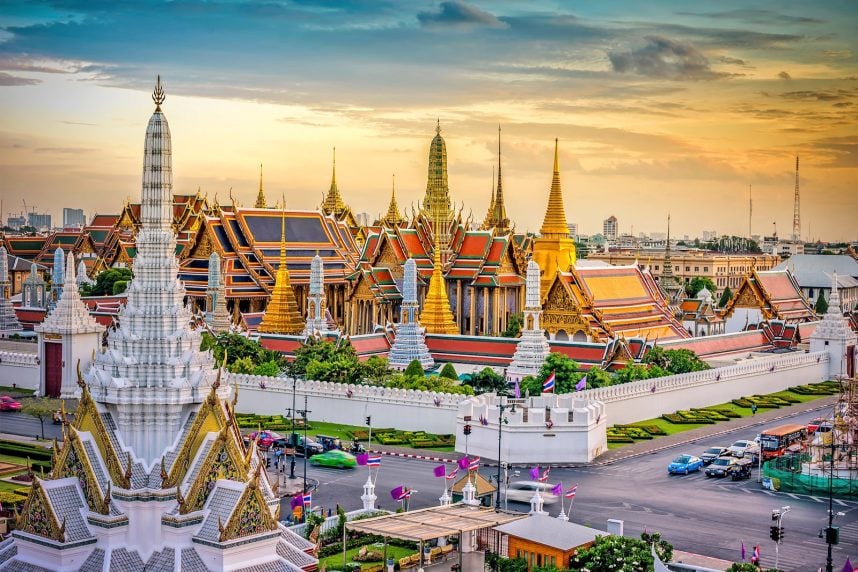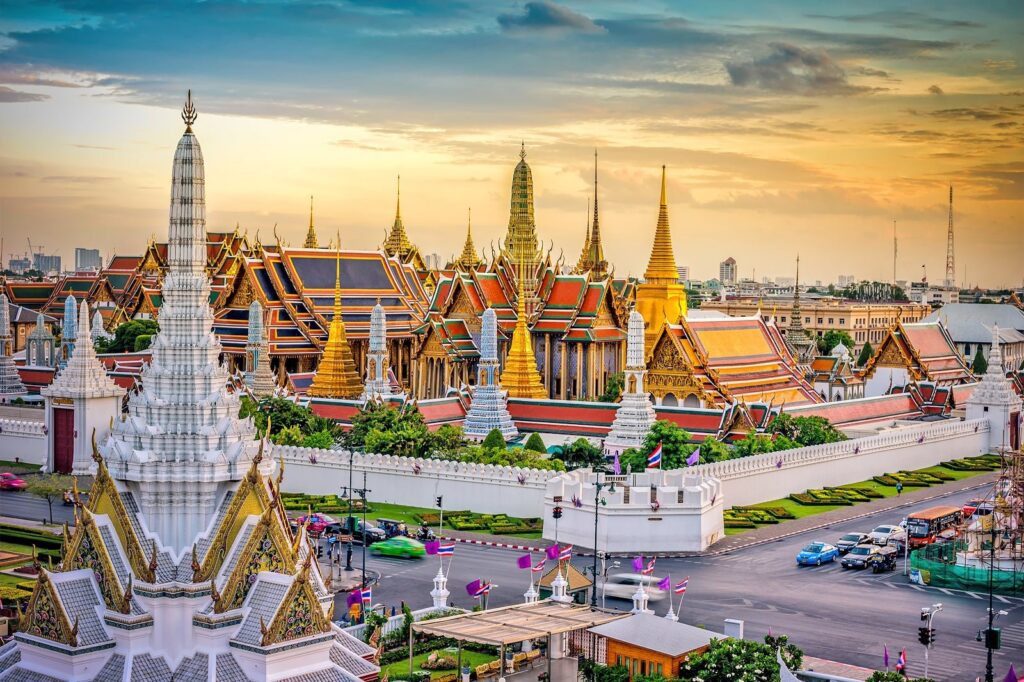Posted on: April 10, 2024, 03:39h.
Last updated on: April 10, 2024, 03:39h.
Thailand’s Cabinet is backing a National Assembly committee study pertaining to the addition of regulated casino resorts in the country, putting the Ministry of Finance on a 30-day clock to respond with next steps.

The decision emerged following the cabinet’s weekly meeting on Tuesday and followed a late March vote by the Thai House of Representatives in which 253 of 257 members present approved the concept of entertainment districts, which would include casino hotels. Kenika Ounjit, deputy government spokeswoman, said there will be public comment periods and participation before the government makes a decision on the casino legislation.
She acknowledged that the entertainment centers, which would include non-gaming offerings such as concert and sports venues and meetings, incentives, conferences and exhibitions (MICE) space, are integral to Thailand’s efforts to boost tourism — a major component of the country’s economy.
The Southeast Asian nation is hoping to lure 80 million international visitors annually by 2027. Integrated resorts could be vital in that effort.
Thailand Casinos Could Be Economic Drivers
The number of entertainment centers that will be approved has yet to be determined, but it’s clear that with the casino component, those venues could be economic growth drivers for Thailand. It’s expected that each entertainment district would require a minimum investment of $2.75 billion.
In a recent report to clients, Maybank analysts noted Thai policymakers could approve up to eight casino resorts. Last week, the Chonburi Real Estate Association said it believes should the government approve as many 20 gaming venues, more than 30,000 jobs would be created and the Thai economy would grow by 4% to 5% annually.
The real estate industry would especially benefit from increased sales and expansion of projects in a radius of up to 10 kilometres from the complex,” said Chonburi President Watthanaphol Pholchewin in an interview with The Nation.
Twenty gaming venues in a country Thailand’s size is arguably a large number and one that could stoke cannibalization fears as well as concerns about too much access to gaming, but eight such venues could accomplish the aims of job creation, increasing tax revenue, and attracting more tourists.
Thailand Casinos Could Draw Big-Name Bidders
If Thailand moves ahead with allowing integrated resorts, and if it approves multiple venues at once, competition for the licenses will be fierce and likely draw some of the biggest names in the industry.
Among marquee industry names, Las Vegas Sands has indicated some level of interest in Thailand and similar rumors apply to Genting Singapore. Additionally, it’s believed Galaxy Entertainment and MGM Resorts International would also be interested in pursuing licenses there.
The aforementioned minimum investment of $2.75 billion along with an expected tax rate of 17% are likely to be sources of allure for international companies mulling bids for Thai gaming licenses.




